Episode 82: Board Meetings | 3 Things We've Learned From Better Climbers with Guest Host Edwin Teran
In Part 2, continued from yesterday's Episode 81, Edwin and I come up with our Top 3 List of Things we've learned from climbing with better climbers.
FULL EPISODE TRANSCRIPT:
Kris Hampton 00:01
Hey everybody, Kris here. Today's episode is a continuation of yesterday's conversation with Edwin Teran and this is going to be a bonus Board Meeting-style conversation with Edwin. Enjoy.
Kris Hampton 00:47
Okay, we have returned. We have fresh beers and we had great talks that you guys don't get to hear while we were gone. So I'm gonna let you start Edwin with our top three list here.
Edwin Teran 01:02
All right, so, um, one of the things that I was thinking about that I kind of learned when I spent my first kind of full season in the Red was how to climb many days on in a healthy way.
Kris Hampton 01:20
Okay and you learned this from someone stronger than you?
Edwin Teran 01:23
Stronger than me, yeah, that that season, um, I think I'd met Nick Duttle in passing in Colorado and he showed up to the Red without a partner and I didn't really have anybody to climb with that season. And we wound up partnering up and climbing together for most of that trip and, and he was climbing like many days on, and I was always pretty cautious about resting back then. Like I didn't really like climbing many days on. I felt like I, you know, was worried about getting injured. And, and I and I feel like I definitely learned how to safely climb more than I had before by switching up the style of the holds that you're grabbing and the angles of the wall. So for example, maybe on day one, we would go out and pick a really bouldery route. Something with small holes and really powerful moves, not very endurance based, and work on that. And then you know, day two, your fingers are tired, you're you're kind of powered down, you don't feel like crimping too hard. There's plenty of jug hauls to go do in the Red.
Kris Hampton 02:38
Yep, totally
Edwin Teran 02:38
You know, so we would just go burn out second day and work on long endurance routes, you know, and then maybe third day, you're, you're a little fatigued, so, so it makes sense to just stand on your feet and go try something that's more vertical and technical, where you're, you're weighting your feet, and you're relying on technique a little bit more. And by day four, you know, you figure out you, you know, I would have thought I'd be toasted. But at that point, you know, maybe my fingers were recovered from crimping really hard on day one and we could return to some of those bouldery routes. And I'm still not a fan of climbing, you know, more than three days on, it just doesn't feel
Kris Hampton 03:21
So you wouldn't do the eight days on that I'm at currently?
Edwin Teran 03:24
I think, yeah, you're crazy. But it you're making it happen. You're still sending, so.
Kris Hampton 03:29
Yeah. And I think you know, Nate calls that stacking your projects.
Edwin Teran 03:32
Yeah.
Kris Hampton 03:33
And I really, I hadn't ever heard that term and
Edwin Teran 03:36
Me neither
Kris Hampton 03:37
And he and I were talking about it recently on a Board Meeting and and I think that's really, really important. Like understand how, if you're going to climb multiple days in a row, to line those days up.
Edwin Teran 03:48
Yeah. And I think it works pretty good.
Kris Hampton 03:52
Yeah.
Edwin Teran 03:52
So like this season, going to the Dark Side on my first day, and then going to the Motherlode on my second day, and then just taking one day off and going back, you know, back to the grind, it seemed to work work pretty well.
Kris Hampton 04:08
Awesome. Cool. Well, shout out to Nick.
Edwin Teran 04:10
Yeah, thanks for that.
Kris Hampton 04:11
Yeah. My number one, I learned years ago in Lander, my first trip to Lander actually. I was staying with and hanging out with Chris Lindner quite a bit and it's to plan ahead basically. Chris was, he was kind of a big deal at the time and, and he's a super fun guy, so he was, he could have been hanging out all night and partying with all the ladies and all that but instead he wanted to send, so he would just kind of peace out early in the evening. Go to bed and be up at 7am 6am so he could get to the crag super early while conditions were good and he could send. And he had, what at the time was, you know, a pretty huge trip for Lander. Like they hadn't seen anybody come through and kind of crush everything the way that he had. So that was really cool to see that even though he had this opportunity to party and you know, like, be the guy at the party, he still buckled down and said, this is what I need to do to get this route done. This is what I'm going to do, and planned ahead instead of showing up at the crag like, oh, if I'd have just been here an hour earlier, and it would have been good and if I hadn't drank seven beers last night, you know. He didn't do it, he didn't have to do any of that, because he planned ahead. So that's my number one.
Edwin Teran 05:43
That's a good one. Um, I'm gonna change my number two to a different one that I just thought of right now.
Kris Hampton 05:50
All right,
Edwin Teran 05:51
And it's kind of I feel like it's a, maybe a little bit of a touchy subject, but I think it's been, like, huge for me in the past like year of climbing, and it's definitely like weight and diet.
Kris Hampton 06:11
Okay,
Edwin Teran 06:11
So I feel like I've, any good climber that I've had, like, the privilege of going out with in the past has been really connected to their weight, and to what they're eating. And not just eating really healthy, but also getting down to a sort of fighting weight, to try and do something.
Kris Hampton 06:36
And understanding what your fighting weight is
Edwin Teran 06:38
Which is tricky. It's really tricky. And sometimes you don't really know what your fighting weight is until you go too far below it.
Kris Hampton 06:45
Sure.
Edwin Teran 06:46
And it starts and you really start feeling the negative effects of that. But for me, it's been huge to actually get really heavy during the summer and go bouldering at altitude and eat like crazy. I mean, I'm eating like five times a day, a bunch of protein and getting pretty heavy and bouldering pretty heavy,
Kris Hampton 07:11
Which is why you're so yoked right now
Edwin Teran 07:12
Haha well not anymore. Now I'm a twiggly sport climber. And then losing that weight as as I kind of transition to sport climbing and to the Red. And I think that the easiest way to see the the effect that that has is to just throw an eight pound weight vest on you and go hangboard and take off the weight vest and see how much better you do.
Kris Hampton 07:41
Yeah totally.
Edwin Teran 07:43
There's, there's no way around it. Like it's a it's a very helpful thing in in sport climbing.
Kris Hampton 07:50
Yeah definitely.
Edwin Teran 07:51
So but being smart about that and careful with how you do it is also really important, or you can totally wreck your season.
Kris Hampton 07:59
You can totally wreck your life, if you take it too far, you know.
Edwin Teran 08:04
Yeah.
Kris Hampton 08:06
Yeah, and I agree. And, and I've never been like, I've never been super dialed in to my weight. But I have cut out certain things. And I do know when I'm too heavy. You know, I fluctuate generally, between like 143 and 147. And when I go over 147, I feel it. I know it, and I'm sure I complained about it, you know, and, and as I started climbing more and started training a little and getting back into my season and getting more fit, then I start to feel much better. So and I know that my fighting weight like my optimum fighting weight is around 143. I don't think personally, I can get much lower. I could get lower than that if I really wanted to, but I really like ice cream. And I really like cupcakes.
Edwin Teran 09:08
Yeah, yeah, there's a certain limit for for what you want to do.
Kris Hampton 09:13
Yeah, totally. It doesn't mean you have to like be a food Nazi. Just means you have to know where your fighting weight is. Figure that out, maybe go through some tough times to figure that out.
Edwin Teran 09:24
Yeah.
Kris Hampton 09:25
And then know what it takes to get back there.
Edwin Teran 09:28
Yeah, so I had, since we're throwing out numbers, I guess my usual weight hovers around 145. It seems like that's kind of just like where my body likes to be. And during the summer this summer, and last summer I was was trying to bulk up and to get heavier while I was bouldering and I got up to 157 I think.
Kris Hampton 09:52
Wow.
Edwin Teran 09:53
Was was my weight for like both of the past summers and it's challenging to boulder when when you're heavier, but I also feel a lot stronger and like I have more snap and more power.
Kris Hampton 10:07
Yep. Totally. Yep, if you're gaining the weight the right way,
Edwin Teran 10:09
The right way. And it takes eating like good quality protein consistently and in watching where those calories are coming from, you know, not not just eating garbage. So putting on healthy weight, and then cutting that weight when I've come over here, and I think last season, I was, the first time, last year was the first time that actually played with weight and
Kris Hampton 10:35
What do you do to cut?
Edwin Teran 10:38
Diet. I think the Red is an easy place to lose weight because the climbing is so fitness based, that you're doing a bunch of cardio when you're on these long routes, and a lot of the weight that I think I lose is muscle. So if I'm hiking up to these alpine areas, in the summer, my legs are getting pretty muscular, you know, and I'm bulking up all over the place. And then when I come to the to the Red, like I'm not using my legs, they just kind of shrink. So that's like a big, big chunk of the weight I know is there. But I think last year I kind of really discovered where my threshold was. You know, showing up and I guess mainly it, my diet is pretty simple. I do a lot of like roasted veggies or salad with chicken or fish or or meat at night, just maybe smaller portions than I would do. I don't get seconds. I'm not starving myself. I'm eating throughout the day, like but smaller portions, you know, definitely making an effort to eat less, but never feeling hungry.
Kris Hampton 11:50
Yeah that's really important.
Edwin Teran 11:51
Yeah.
Kris Hampton 11:52
You know, and I think a lot of us come from, I know I do, I come from a culture of clean your plate. Yeah, where, where I feel like I need to eat everything that was prepared or I'm not finished. You know, and I've really put a lot of energy into breaking that habit. And I still do it sometimes. But, you know, I've tried to learn to use those leftovers and, you know, use those for breakfast in the morning or to make a burrito for lunch or whatever.
Edwin Teran 12:22
Yeah, and just trying to like, have snacks throughout the day. I'm really good about eating. I can eat the same thing for weeks. I don't get tired of it. Like super easy, making the same thing over and over. So yeah, last year, when I got out here, I drove out to the Red. After like, you know, probably last time I weighed myself, I was like at 157. Got here, climbed for a couple weeks, started working on on some routes and I think that when I did Omaha, I weighed myself and I was at 138.
Kris Hampton 13:01
Wow.
Edwin Teran 13:02
And that felt like a place that I didn't want to stay at.
Kris Hampton 13:06
Right, right.
Edwin Teran 13:07
You know, it was like, okay, I dipped down here
Kris Hampton 13:10
It's important to know when you're feeling unhealthy.
13:15
It felt really easy to do, relatively easy to do like endurance routes, but all of a sudden, like I'm feeling weird.
Kris Hampton 13:24
Yeah. So are you in the 140s now?
Edwin Teran 13:27
I'm at 142.
Edwin Teran 13:29
And it seems like you know, same thing I was at 157, 158 this summer. Been here for about a month and at this point, like 142 feels like the perfect place for me. I don't need to go any lower. There's no gains that would come from that. I feel really energetic and like mentally together, like my brain's functioning well, everything's working well. So I think that that's kind of what it took for me to find that place. You know, maybe if I hadn't gone too low, I just wouldn't know exactly. And now I'm certain that this is this is where I want to be for my climbing season.
Kris Hampton 13:29
Okay
Kris Hampton 14:10
Yeah. And I think you can see it in your climbing, you know. Transworld has considerably harder moves than Omaha and is the same length essentially, it's not quite as steep but, but you crushed it today. And you you know, you did Swingline just recently and you've been having a great season, and you haven't had to dip down into that unhealthy weight. So you just because you perform well at an unhealthy weight, that makes you feel unhealthy, I should say, doesn't mean you are at your best performance there.
Edwin Teran 14:45
Exactly. And you know, I'm in it for the long run. You know, I want to climb for the rest of my life. I really I love it and no route is worth it. Making a sacrifice that will cost me in the in the long run, you know. I want to try to do everything I can so that I'm, I'm healthy. I mean one of my favorite climbing partners is Margarita and she's she's still pushing the grades into, like her late 50s, 60 years old, you know, she's and that inspires me.
Kris Hampton 15:20
Totally.
Edwin Teran 15:20
Like that makes me want to take better care of myself and that makes me you know, make a lot of the decisions that I'm making with that in mind. Like I'm I'm in it for life, I want to keep climbing as much as I can for as long as I can. And that's good reason to take care of yourself.
Kris Hampton 15:38
Yeah, no doubt, man, no doubt, that's a good one. So my number two comes from my traddie days. And this is a direct quote from Bob Scarpelli. Imagine him closing his eyes and looking down at the ground and shaking his head and saying, "Big arms, little brains." And that was in reference to my friend Ray was on a boulder problem that Bob had established aeons before and had just really powered his way through it, you know, on this offwidth roof boulder problem and, and then Bob, watched this and, you know, said, "Big arms, little brains.", and then proceeded to float up. And you know, at the time, he was mid 50s, or something, and just made it look like a ballet dance. And, and so I mimicked that or I tried to mimic that, and over multiple trips, tried to mimic it more and more, until I could turn offwidth climbing into more of a dance and less of a struggle. You know, and that's something that that I really have taken to other parts of my climbing. If something feels awkward or strange, that might just be because you lack the skills to make it graceful and, and, and have flow. You know, it doesn't mean that it's an awkward move. You just might not understand how to make it graceful. And that goes for gym climbing, that goes for outdoor climbing. Of course, sometimes there are just awkward, strange, off balance moves, you know, that does happen. But not always and not nearly as often as we give it credit for. Yeah, so often I hear that's just an awkward move. And I'm like, that's not an awkward move for me, you know. Why is an awkward move for him? And then whenever I'm about to say, that's just an awkward move, like, okay, maybe you just need to learn something else.
Edwin Teran 17:44
Yeah. And like what we were talking about before, sometimes, we might be more focused on just doing the move,
Kris Hampton 17:52
Right. Totally,
Edwin Teran 17:53
Because we're being watched and because we want to show people that we can do the move, and
Kris Hampton 18:00
Ego is huge,
Edwin Teran 18:01
And we just power through it, instead of actually taking the time to work it out and figure out a smooth way. We have this strange way of going about it, where we feel better if we just do it and, and get past it than if we really work at it until it gets smoother.
Kris Hampton 18:18
Yep. Yeah. And I coach people to, if they're going bolt to bolt up a project, you know, fight through it your first time, make it awkward, do whatever you have to do, get through it. But the minute something feels a little bit awkward, you need to lower down and work it out. You know, and I think that's really important to recognize I have something to learn from that awkwardness.
Edwin Teran 18:45
Yeah.Totally.
Kris Hampton 18:46
So that's my number two. What's your three?
Edwin Teran 18:49
My three? My three is and I don't know, it's, it's it's a simple one, but I feel like it's pretty, tt's pretty important. I feel like the the the main theme or the the main theme connecting a lot of a lot of the people that I've gone out and climbed with this year is, is this huge love for climbing. It was so cool to go out and you know, hang out with with, with some of the best climbers in the world in in France this summer and see how psyched on climbing they are. I think that a lot of times, like in my peer group, you're like, oh, like a climbing movie, like you're watching climbing movies? That's so lame. You're talking about climbing and beta? That's so you know, and I kind of felt like I was getting there. I was getting a little crusty like I'm so over this like climbing stuff. And it was amazing to get there and be like, you know, we'd come down every day from the cliff and go back to the house and we turn on a climbing move. We all were cooking dinner and Jon was the first one that wanted to watch one and, you know, just talking about it and like living it with, with with people that have done it for twice as long as I've been climbing and they're so stoked, and it's so genuine and there's so much passion for it, that it's, it's contagious, you know. Even if, if, if you like having a bad day, and you're not totally stoked, like, just their excitement kind of really turns things around. And it's a simple one, but I think it's like, it's really key to sticking with whatever process you're working with, you know, understanding that we're not saving lives. We're not curing cancer. This is this is purely a selfish pursuit, but we do it because it brings us so much joy.
Kris Hampton 20:55
Totally
Edwin Teran 20:56
It makes me so happy to go out and rock climb. And I think it's, it's hard to feel that way and to appreciate it unless you've been sidelined by an injury or by a health problem, or something that came up in your life that took you away from what you love. You know, sometimes those things are a little bit of a blessing in disguise, because you come back and you appreciate
Kris Hampton 21:19
I'm totally living that.
Edwin Teran 21:20
Yeah, yeah, no, no, no, you went you through your shoulder thing, and it feels so good to come back. And you're like, man, it matters so little, if I send or if I didn't send. You know, I went through a period of about a year that I couldn't rock climb because of health problems. And man, I still, like I've been healthy for like, a couple years, I've had a really good run and, and I still feel like I can go out to the cliff and it doesn't matter if I don't send shit that day. Like I had a day in the woods with friends and, and was climbing and was feeling good and flowing and healthy. And, and that's like that that's all that matters.
Kris Hampton 21:58
Yeah, absolutely.
Edwin Teran 22:00
It makes me really happy. And I feel like connecting to that and acknowledging that we're only doing this because we feel joy, like the type of joy that a little kid feels when he's like playing around on rocks. It's one of the most unfiltered, like experiences that we can have. And and I try to keep it that way. You know, just like,
Kris Hampton 22:22
That's good. It's good to it's good to keep that in mind. And, you know, keep that psych going like that, you know, just just the other day, I fell off of a route on a move that I can't imagine I would ever fall off on. I had stuck the first move, the first hard move, one that I had never stuck before I stuck it and I'm like, oh, I've got this in the bag. And then I just fell off a move that I shouldn't ever fall off of. I blew out of a jug pocket, like just totally blew out of it. And, and I'm yelling, "No! No!" , like, I couldn't believe it happened. But I found myself like smiling and almost laughing through these nos because I'm like this, you know, this fuckin sport is amazing.
Edwin Teran 23:08
Yeah, you wanted it so bad, you know and it's, I've totally been there.
Kris Hampton 23:13
It's so cool and it's something I just said this, you know, the sport is amazing. I said that. I said something similar to some guys at the campground the other night, they weren't climbers at all. They had gotten run out, because of the fires, out of the Red, out of like the the gorge proper, and were camping at the campground. And it's all climbers there, you know? And they were really interested. So they were talking to us about climbing like, what's it like? What do you do? And they were like, Oh, you live in your car? That's crazy. You know and they were talking to us and I said, Yeah, it's a it's a pretty interesting sport. And the guys immediately said, sounds like a pretty interesting life. And I was like, yeah, that's exactly what it is. You know, this is, this is what we do. This is our life. Yeah, so that's cool, that's a great one.
Edwin Teran 23:59
It's pretty cool. And it connects us in such interesting ways. And we get to, I don't know, you know, bump into these people that we only see, I mean, I only see you in like the woods in Kentucky once every year, is the most random spot to bump into each other. But, you know, you build these really, really amazing friendships with people and and, and it's it's hard to connect with the outside. You know, I've totally had that response. Like, oh, you live in your car? That's, that's so sad. No, it's the opposite. It's awesome. I love it. This is what I'm choosing.
Kris Hampton 24:36
Yeah.
Edwin Teran 24:37
So just like reminding yourself that you you are doing this because you love it, you know, and it is a great, great point. It really feeds your your soul and taps into that, like, just like that, that sort of state of play. You know, like it's good for all of us to just play and we don't do it enough as as adults and and it's great. I feel like this this, this keeps us young in that sense.
Kris Hampton 25:03
Yep. And just to continue that conversation, I'm gonna switch my number three as well. Several years ago, on my second trip to Wild Iris, I went out with my friend Yasmeen. And we went out climbing with local legend out there, BJ Tilden. And we were about halfway through the day and we were like, well, you know, where's your project? What do you what do you want to do? Because he just been showing us around, you know, and it was this perfect day. And he was like, Oh, my things already in the sun. And I was like, why didn't you say something? Like, why didn't we go over there while it was in the shade, so that you could get on it? And he's just like, you know, I'm here. I live here. It'll be back in good condition. You know. So I think being willing to give up your day, to share that joy, to show people around like you were talking about Jon was having such a good time showing you around in Ceuse. Being willing to be the person that does that, I think is a huge, huge thing.
Edwin Teran 26:20
Yeah.
Kris Hampton 26:21
And I think that's, I hadn't I don't know that I'd ever been that willing to do that until BJ did that. And since then, I've remembered when people are like, you know, can I go climbing with you? Or do you want to come and help with this? Or do you want to do this? Or can I get a belay? I remember that and then I'm much more willing to go do it. Y
Edwin Teran 26:42
Yeah, it feels great and it feels natural at a place. I've had the chance to do that a little bit this season with people that have showed up for their first time here. And it kind of just like feels easy in a way when you love a spot so much. Like this is my favorite place to climb in the whole world. And it's so easy to just be like, Oh, you've never been here before? Like, yeah, okay, well, we need to go to this crag and this crag, you know, and they're like, but you don't have anything to do. There like, it doesn't matter. Like that crag is amazing and you have to go there and I'll stick clip for you. And you know, it's
Kris Hampton 27:15
Totally
Edwin Teran 27:16
It's pretty. It's pretty easy to just roll with that psych. And yeah, it's a cool place to be, you know, you've spent so much time in an area and you know it so well that. It feels like it feels good to like show people around
Kris Hampton 27:34
It does. It really does. And we all love this shit, so we're just trying to spread that.
Edwin Teran 27:38
Yeah. Yeah.
Kris Hampton 27:40
Awesome, man. Thanks for sitting down with me. I really, really appreciate it.
Edwin Teran 27:43
Thanks for having me. It's great.
Kris Hampton 27:46
Cool. Big thanks to Edwin for sitting down and talking for so long. I really appreciate these conversations. Like I mentioned in yesterday's episode, these have become my education and it means a lot to me. You know, if you guys are sitting around at the crag, don't just twiddle your thumbs, look around. Watch. You can learn from everybody, not even just the better climbers. There's something you can learn from every person at the crag even if it's what not to do. You're learning something, so be aware. Pay attention. Find those little tidbits that you can add in to your own routine. It's going to go a really really long way. Again, you can find Edwin's photography online at edwinteran.com. You can and should follow him on Instagram @EdwinTeran and you can find us at Climb So iLL the week of April 2. Well, you'll be able to find me. You'll be able to find Nate and I both on April, the week of April 10, at Sport Rock in Alexandria, Virginia. And find us online PowerCompanyClimbing.com. All the things, buy some shirts, check out training plans, go and rate and review the podcast if you haven't yet. There's a lot of you that haven't and I understand why. It's a pain in the ass to go do it anyway. You can follow us on the social medias at Power Company Climbing across all of them. Except of course, the Twitters. We don't tweet. We scream like eagles.






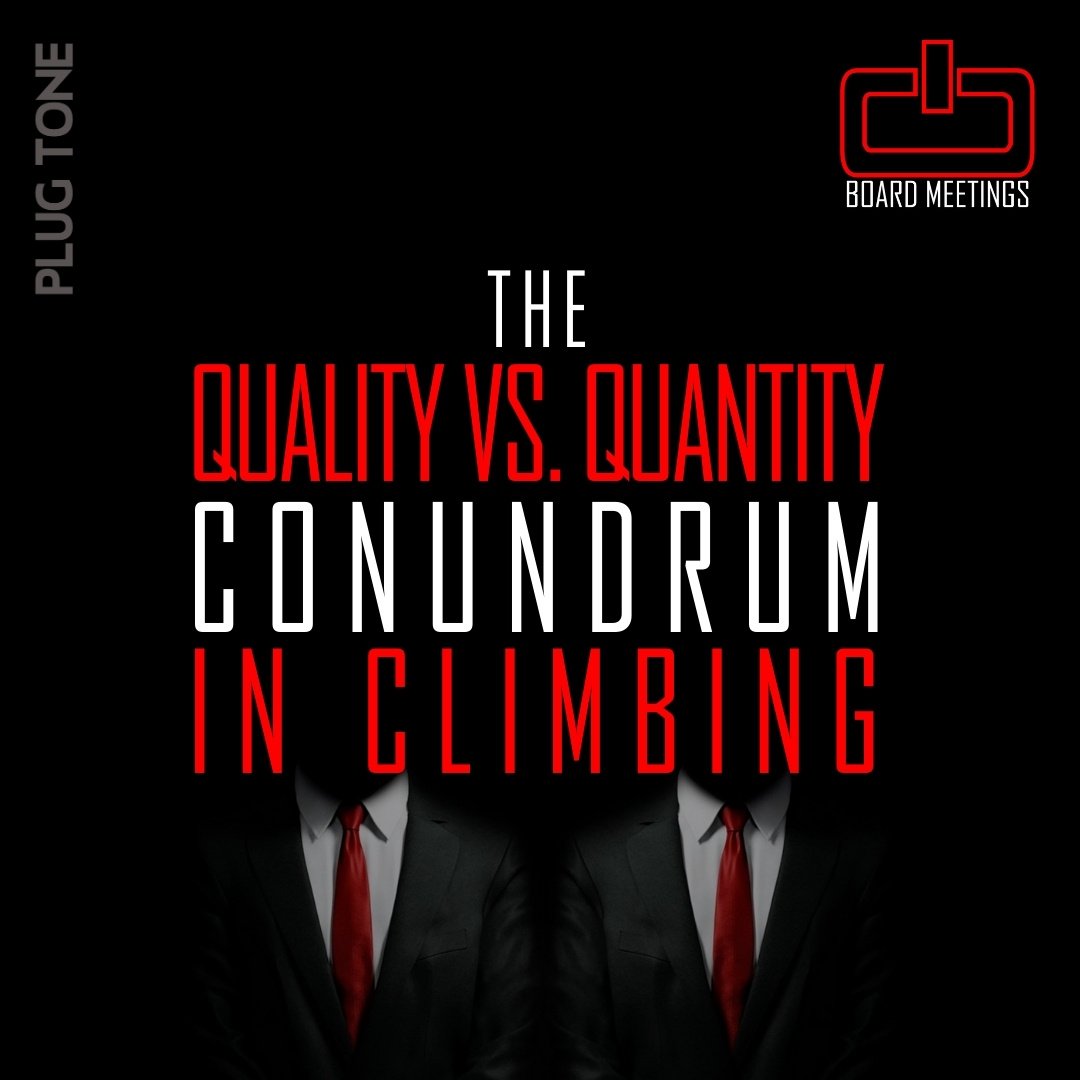
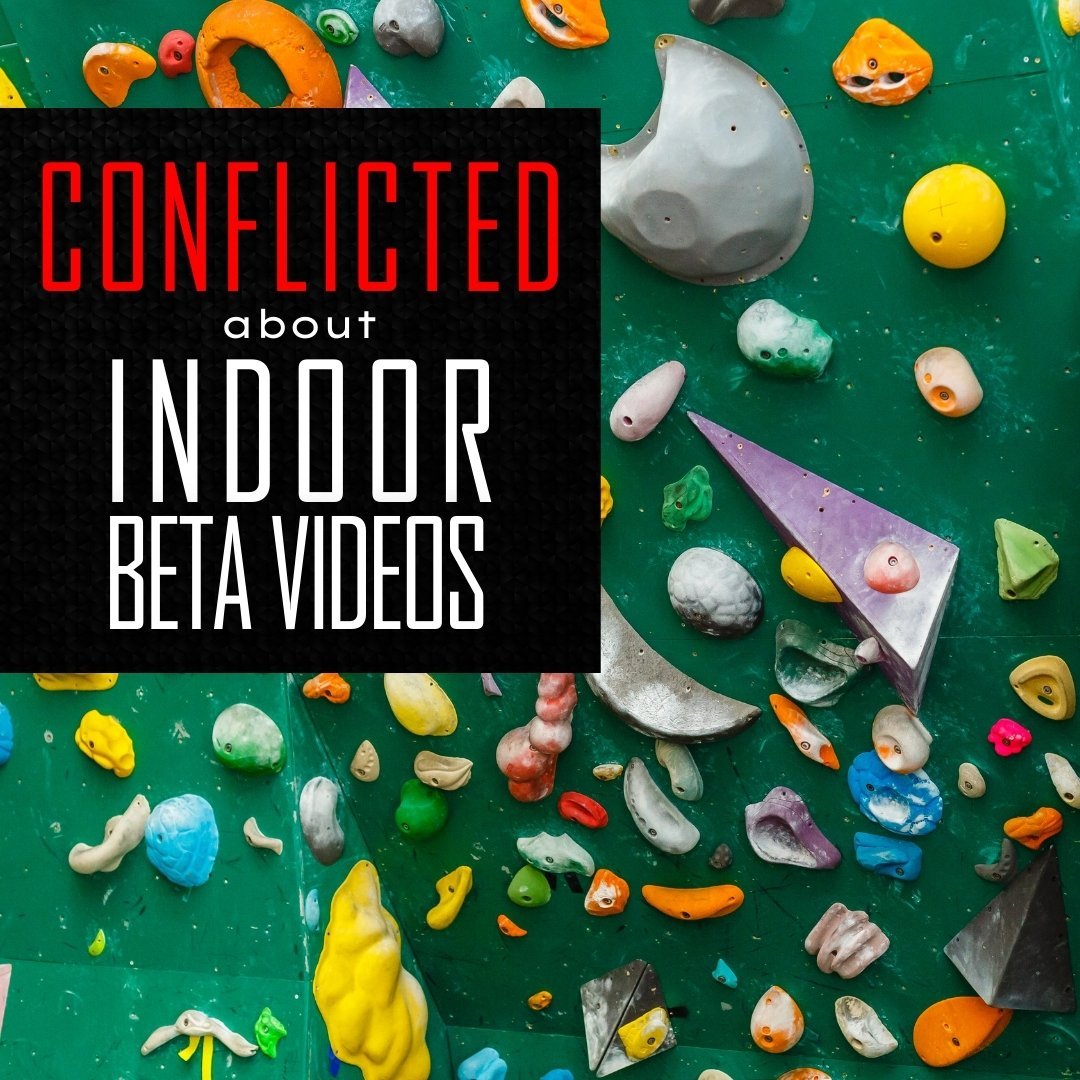
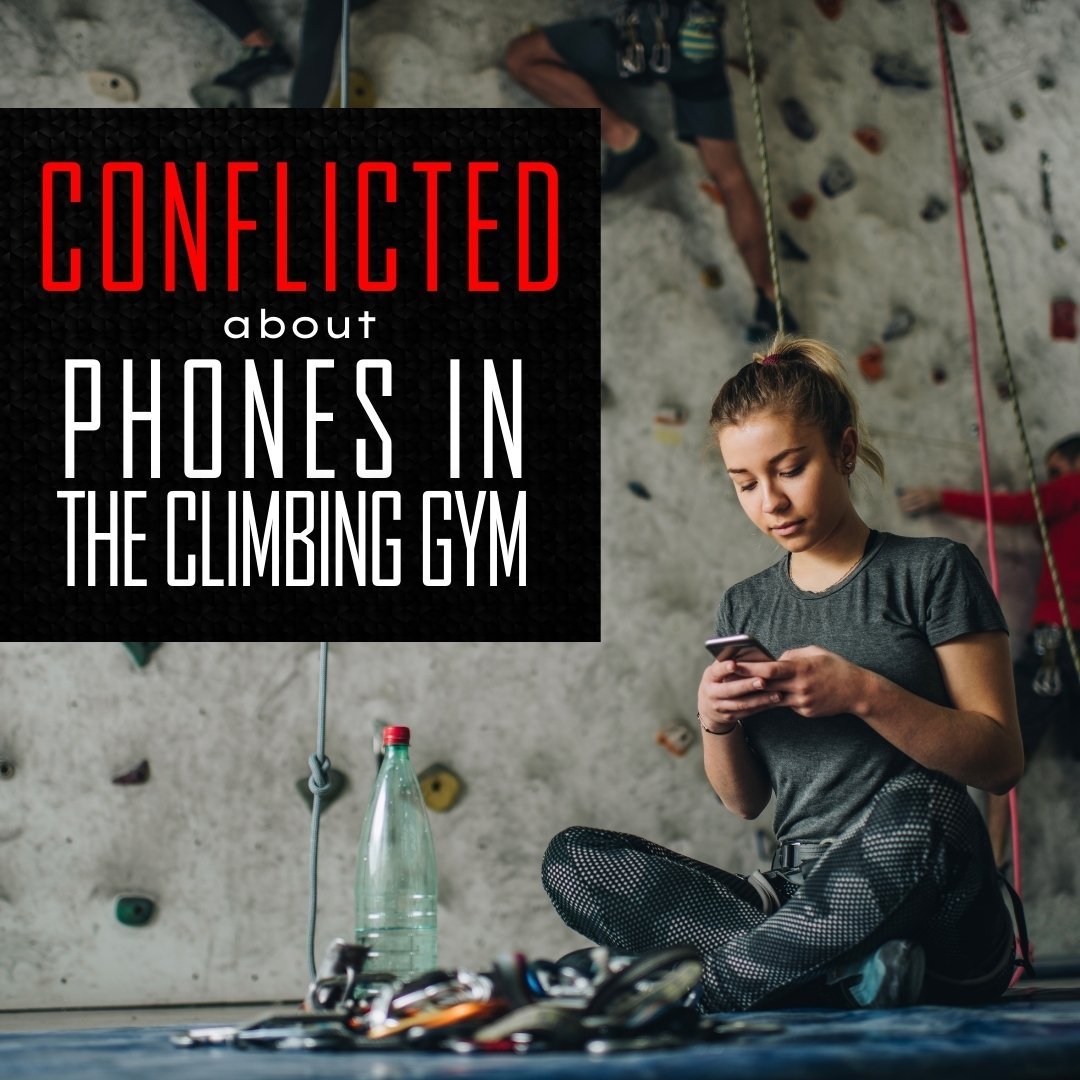
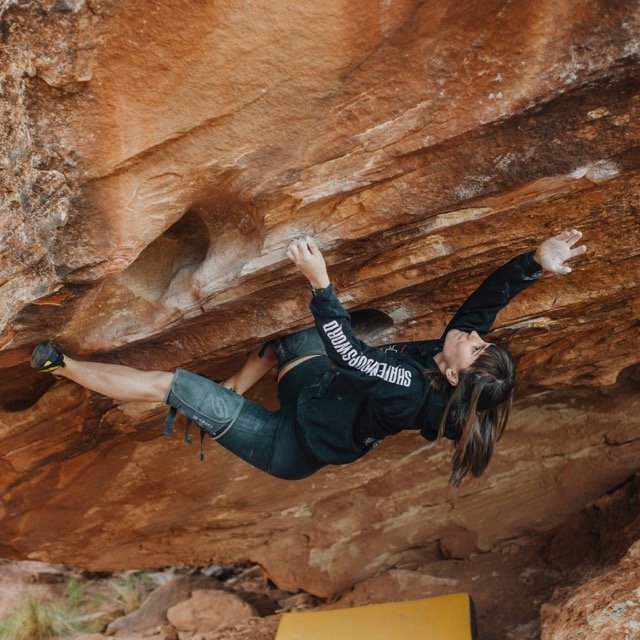

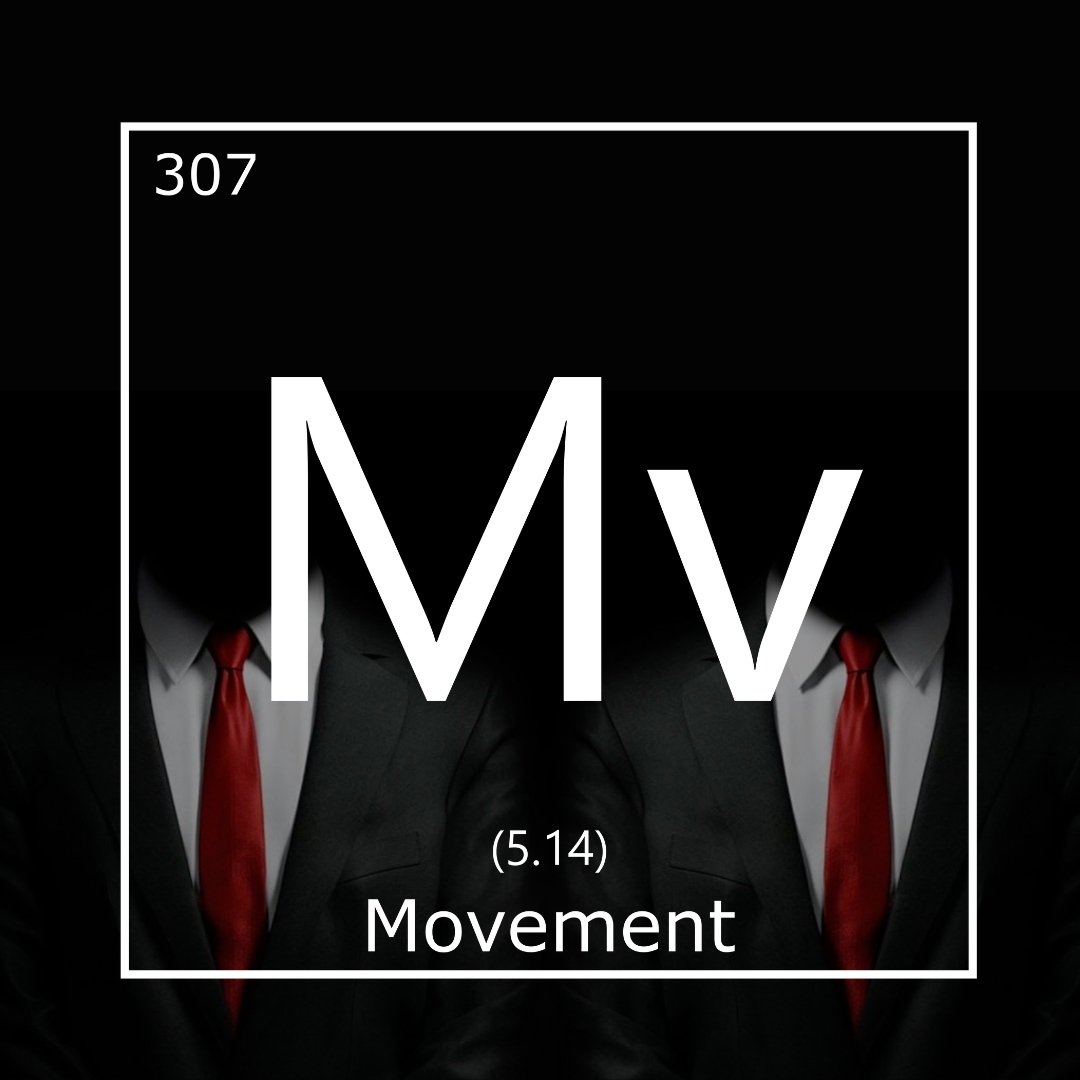
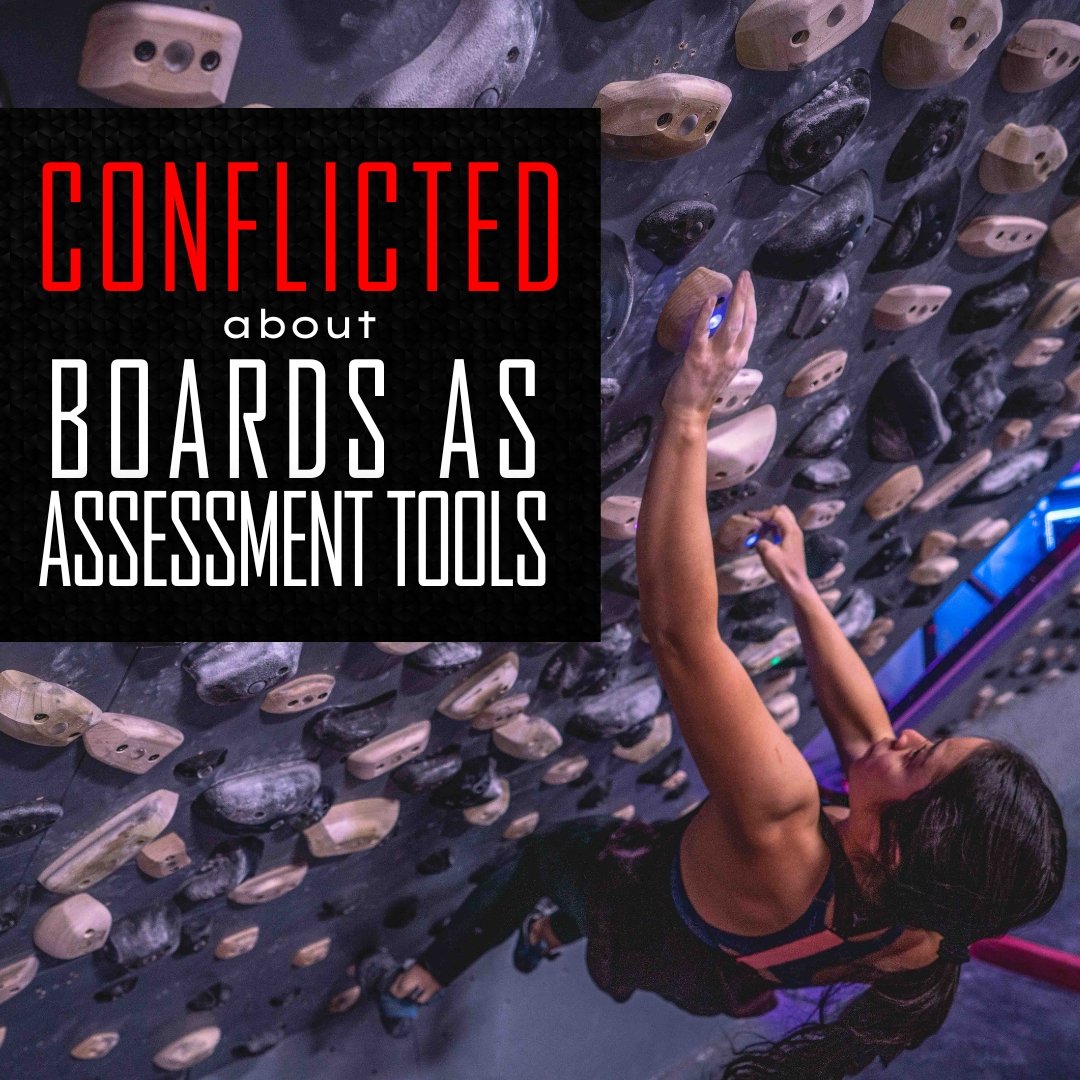
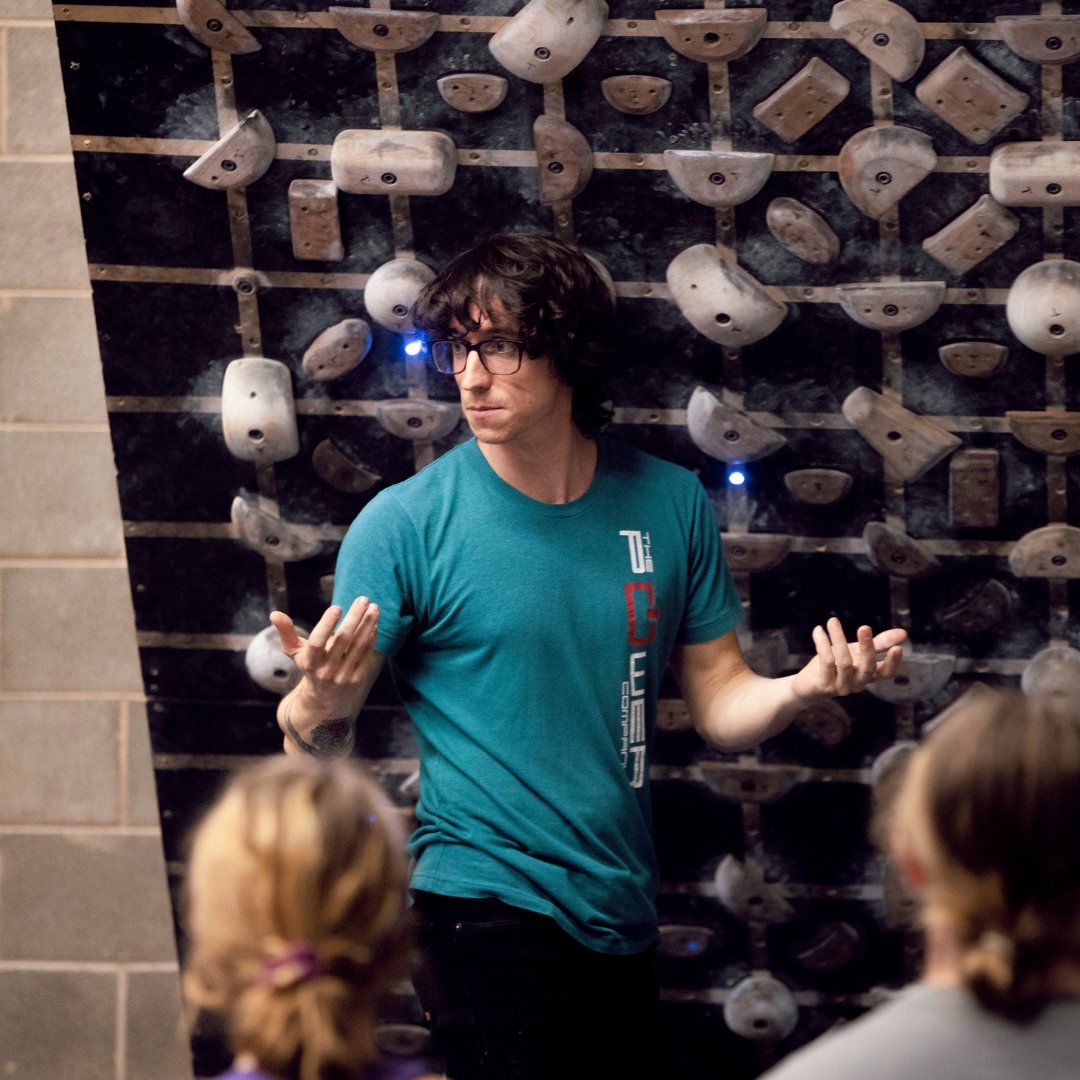
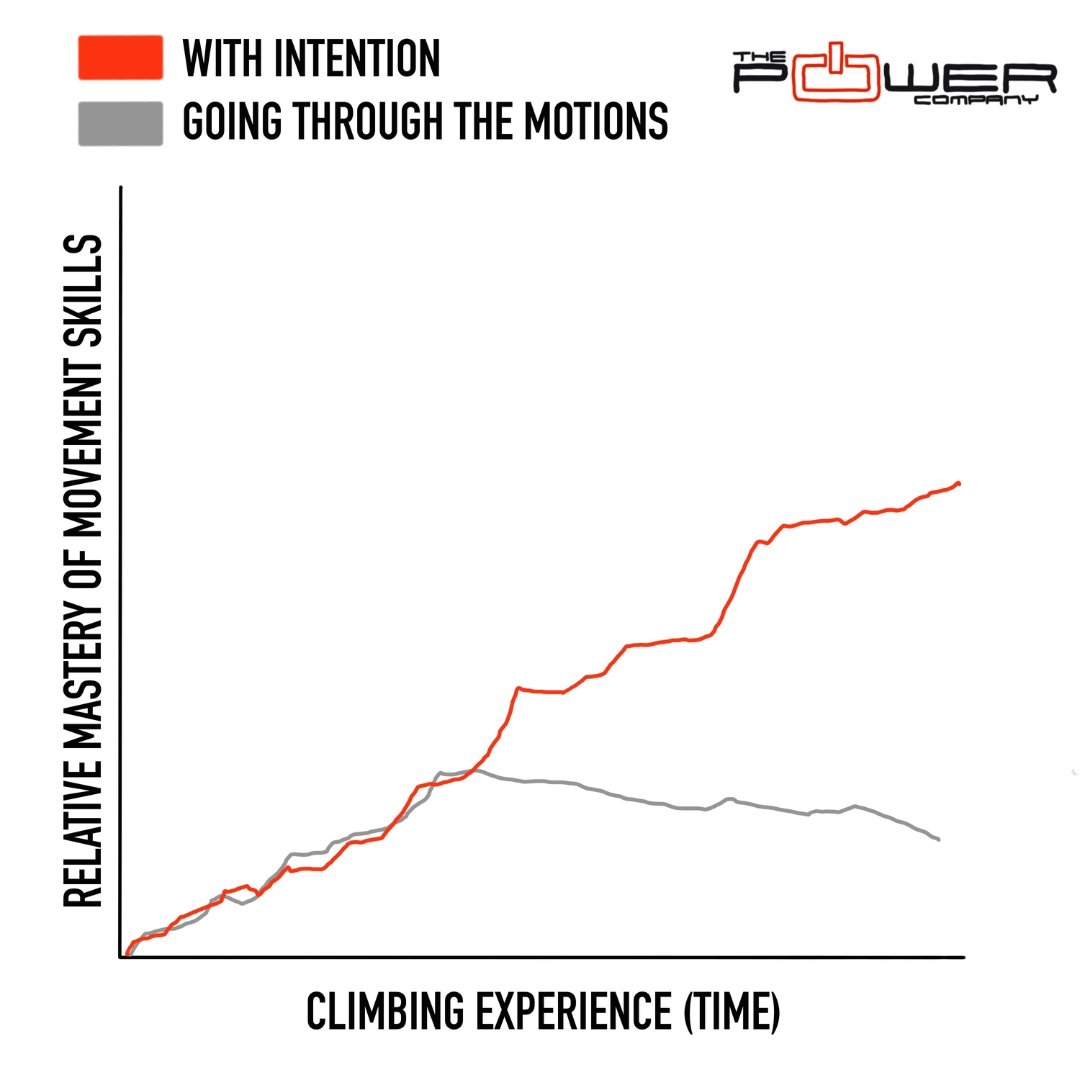




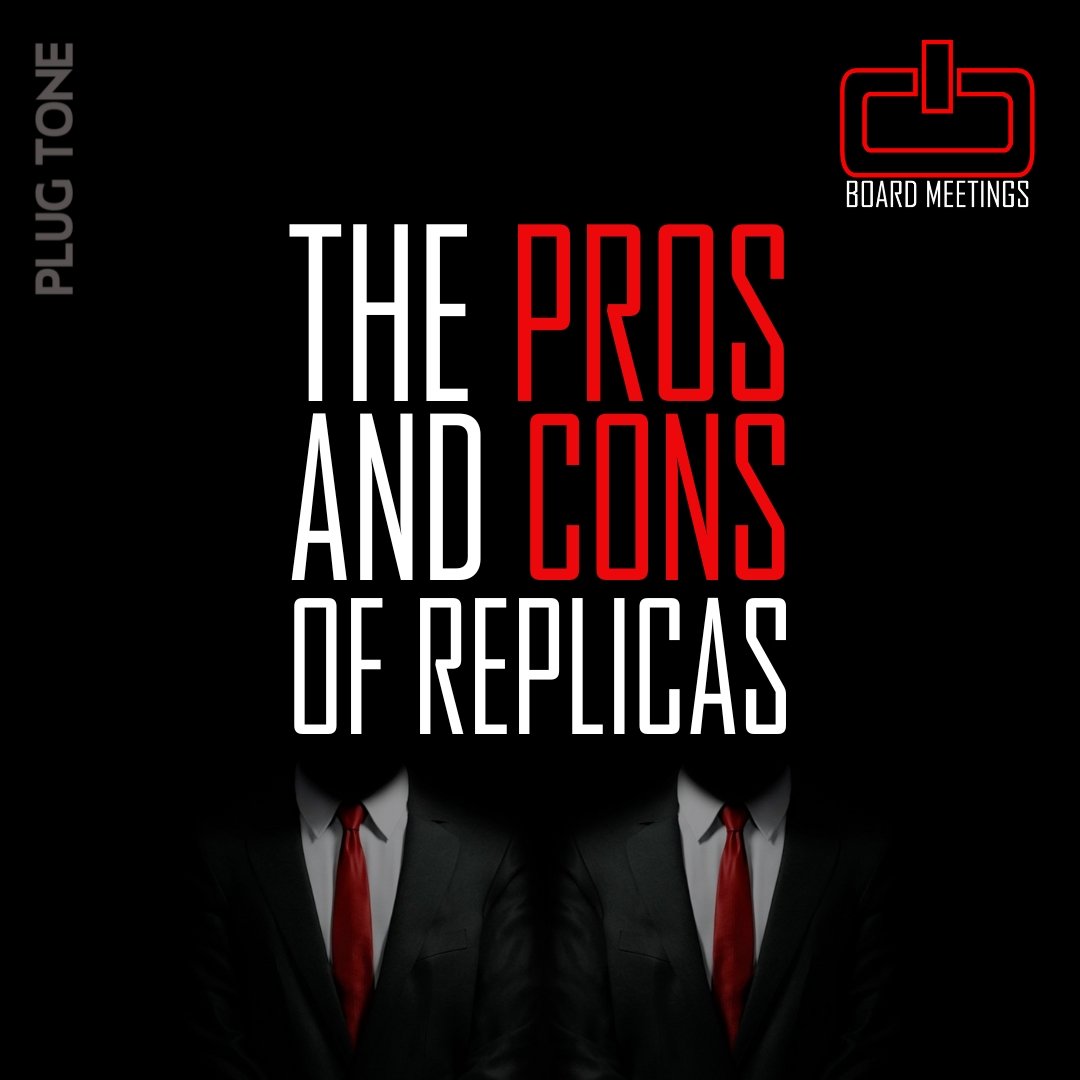


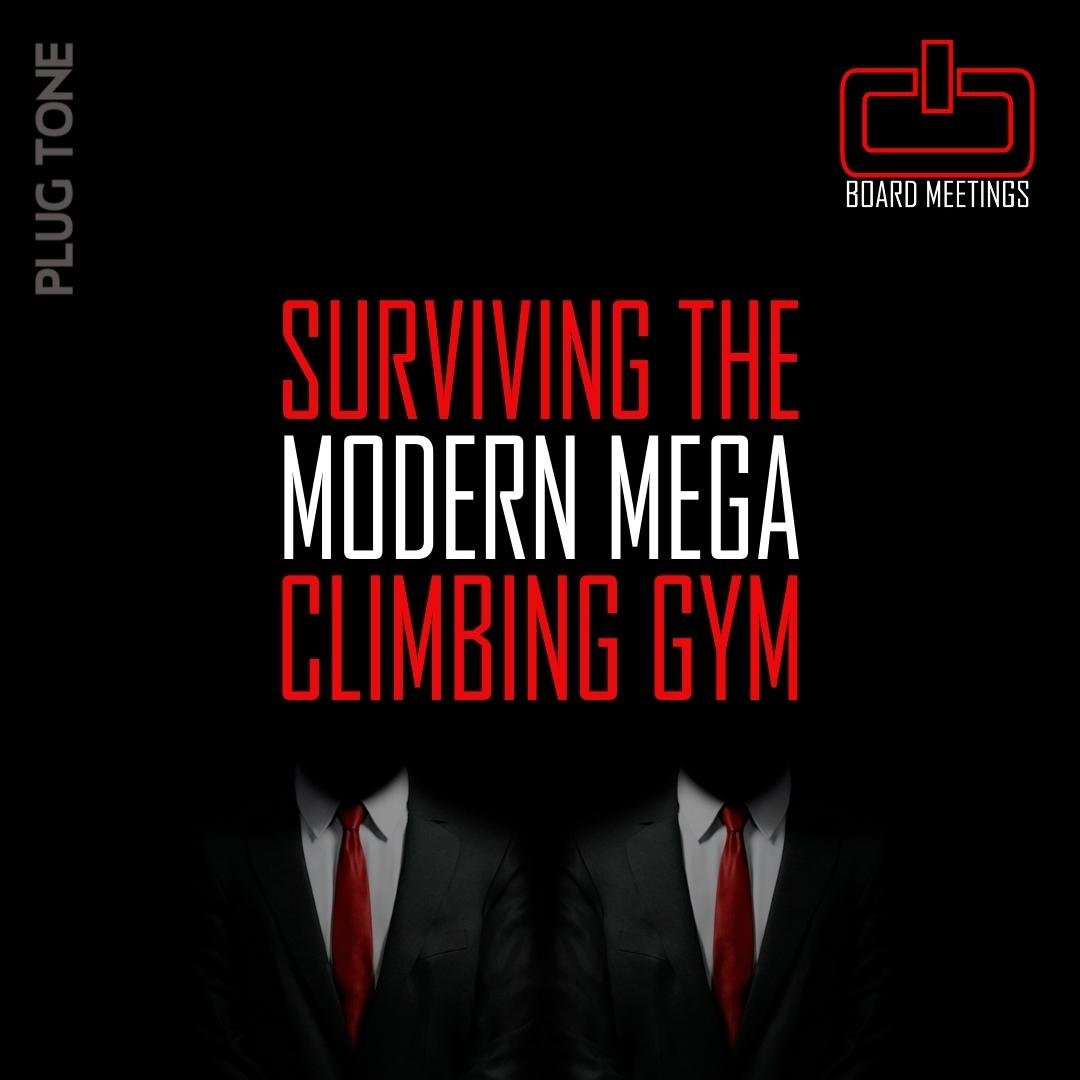


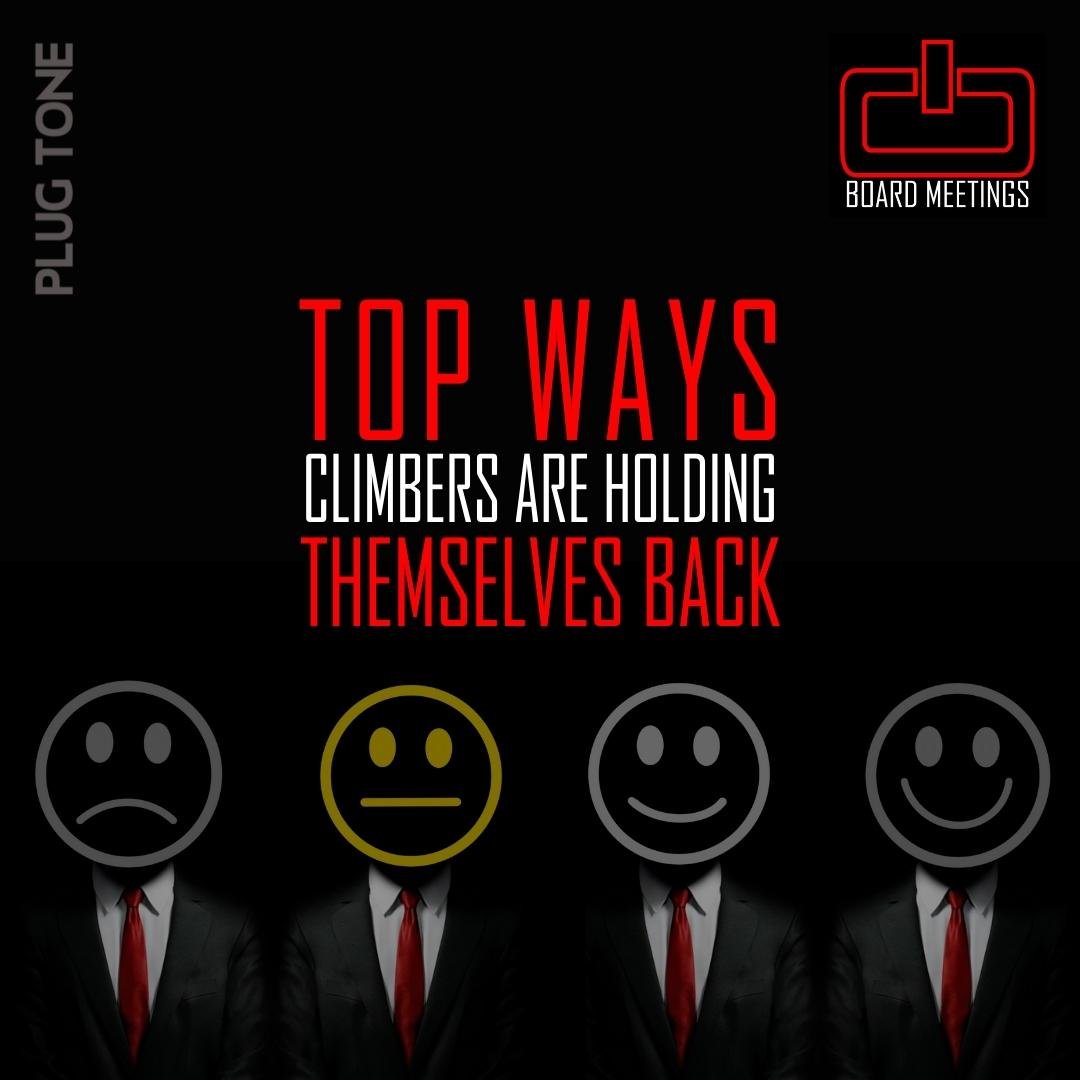



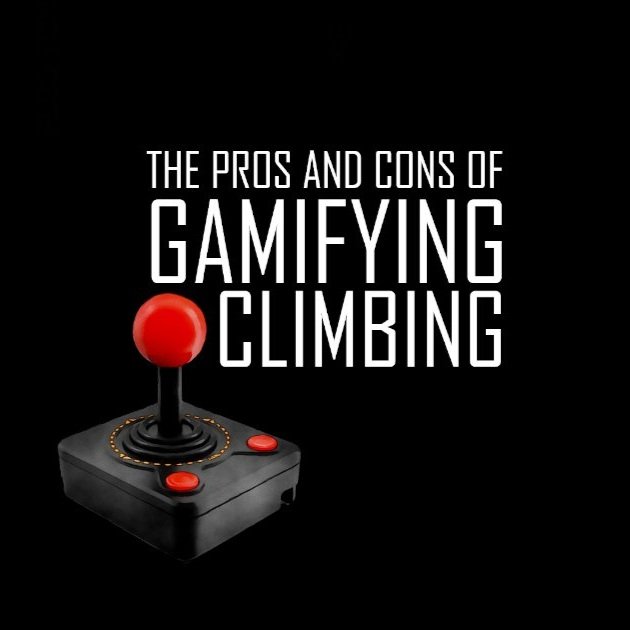

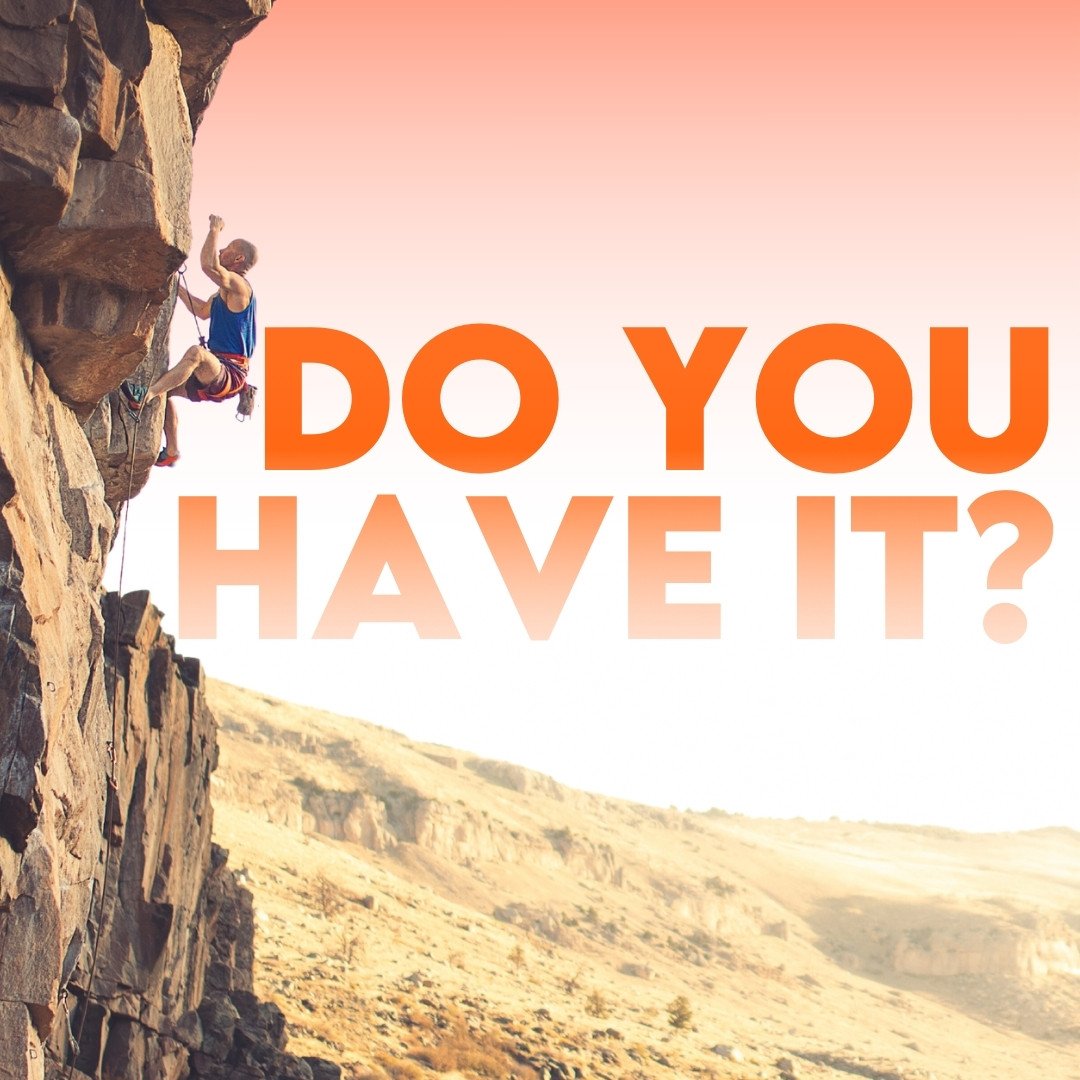

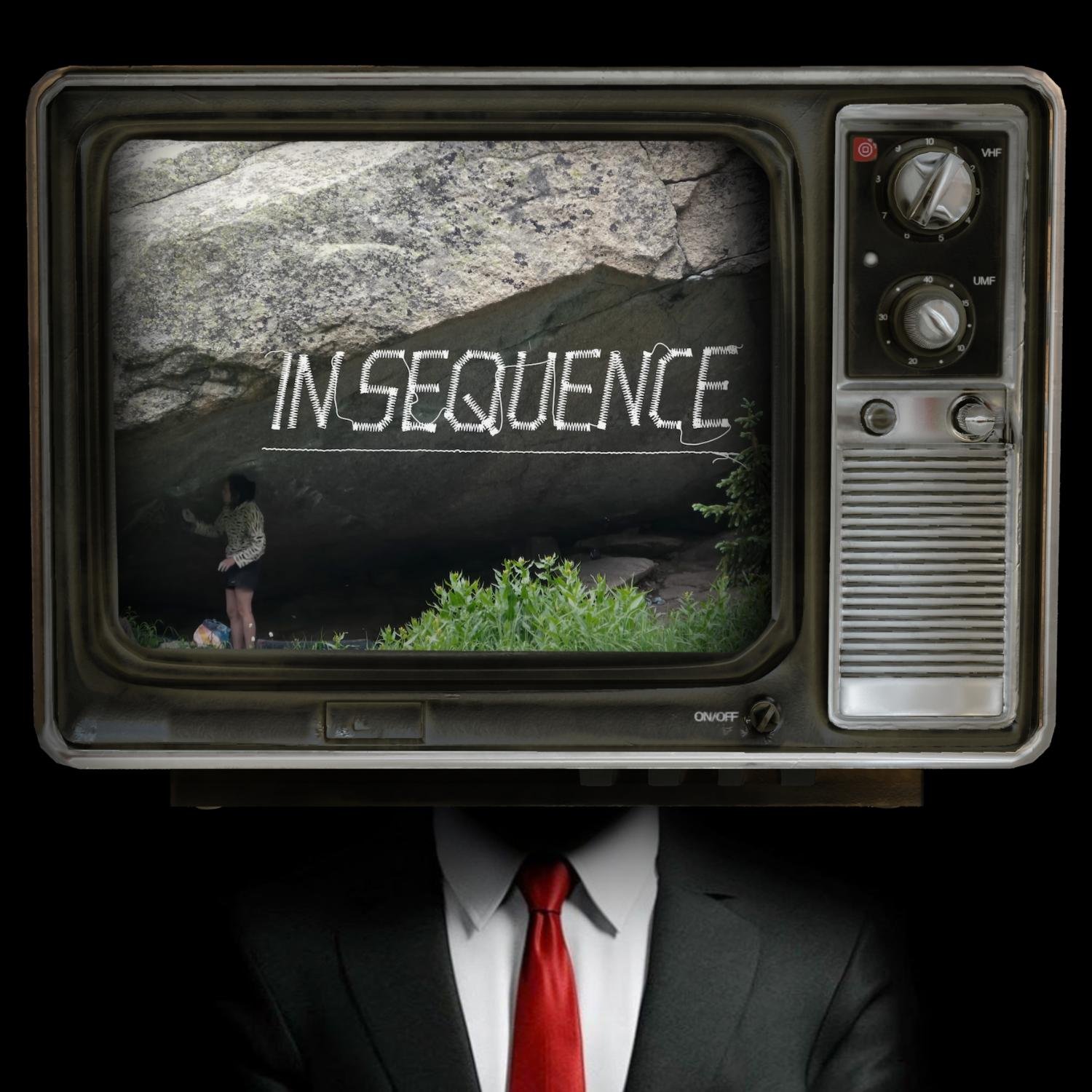
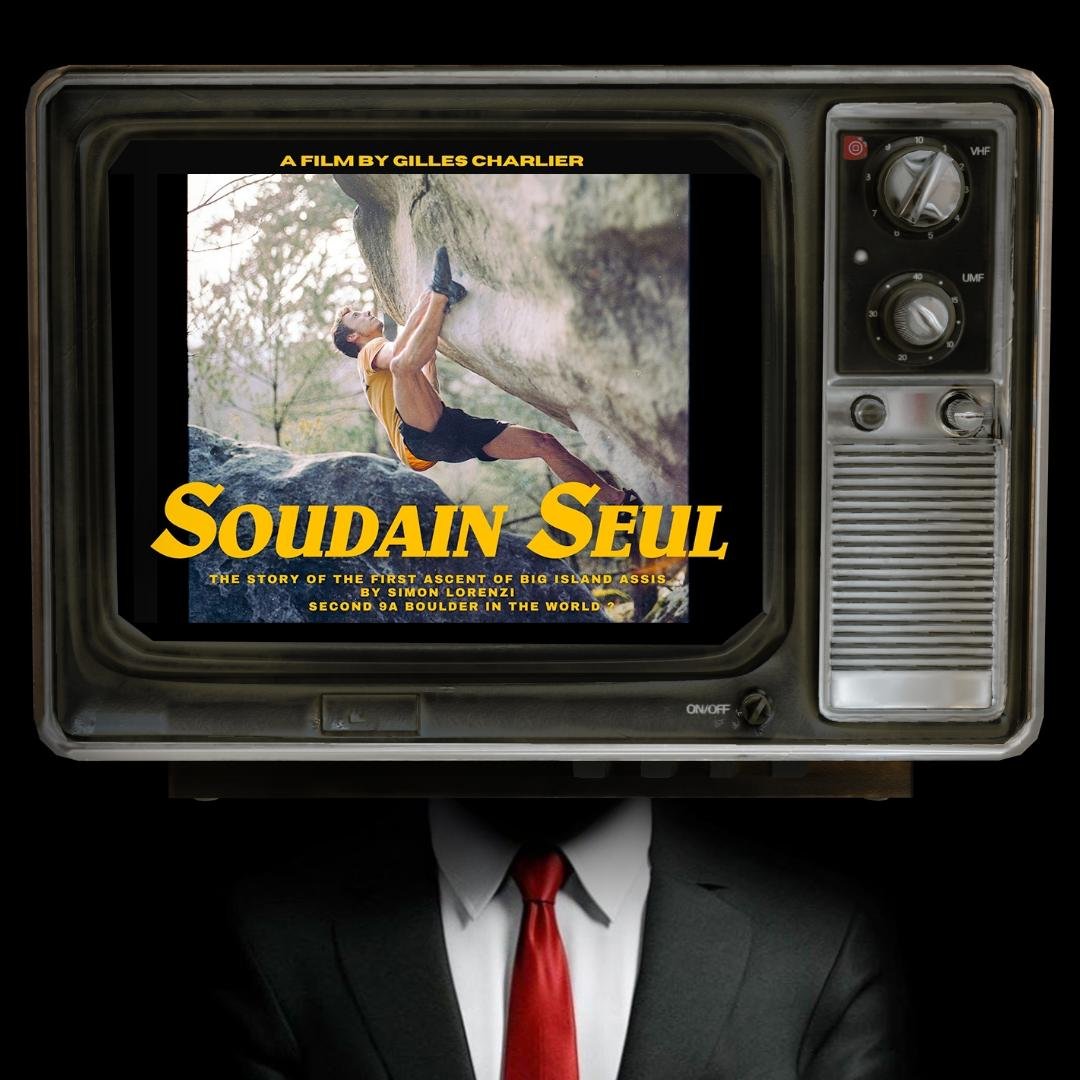
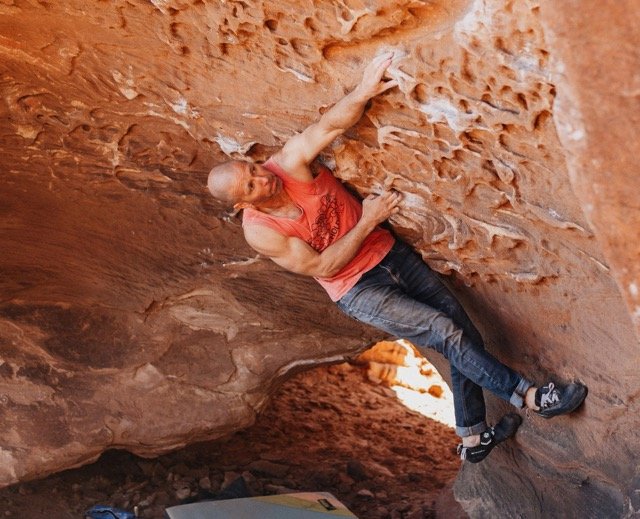
How do you know which is right for your situation?